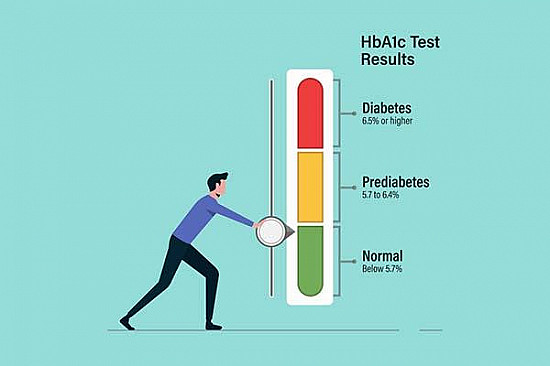Stress-induced brain activity linked to chest pain from heart disease
Research we're watching
Doctors have long known that mental or psychological stress can lead to angina (chest pain or discomfort caused by inadequate blood to the heart). Now, new research reveals a direct correlation between angina and stress-related activity in the brain's frontal lobe. The study included 148 people with coronary artery disease with an average age of 62. All underwent brain and heart imaging tests done in conjunction with mental stress testing, which involved mental arithmetic and public speaking. Imaging tests were also done under "control" conditions, which featured simple counting and recalling a neutral event. Researchers monitored the participants for angina during the tests; they also assessed angina rates again after two years.
Activity in the inferior frontal lobe area of the brain during mental stress was linked to the severity of self-reported angina, both during the brain imaging and at the two-year follow-up. A better understanding of how the brain reacts to stress may be an important consideration for doctors who treat angina, according to the study's lead author. The study was published online Aug. 10, 2020, by the journal Circulation: Cardiovascular Imaging.
Image: arto_canon/Getty Images
Disclaimer:
As a service to our readers, Harvard Health Publishing provides access to our library of archived content. Please note the date of last review or update on all articles.
No content on this site, regardless of date, should ever be used as a substitute for direct medical advice from your doctor or other qualified clinician.
















